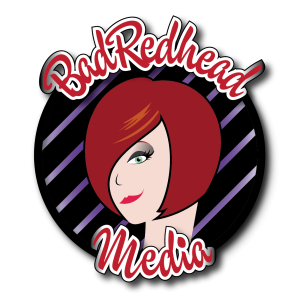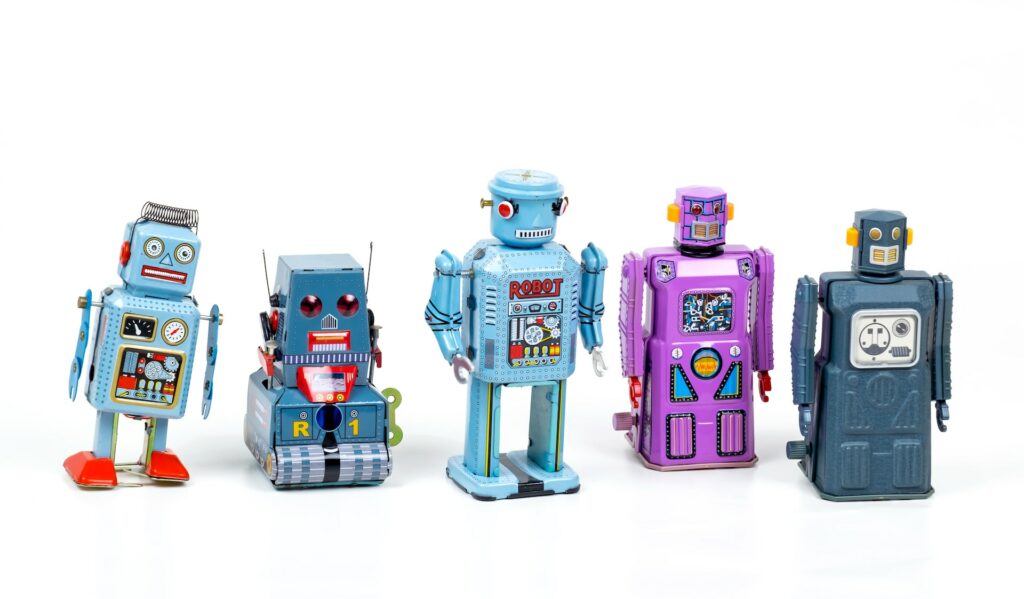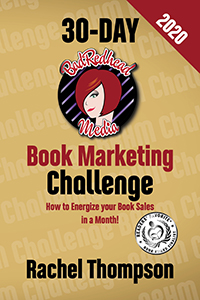How Artificial Intelligence (AI) Can Help, or Hurt, Your Writing
Have you tried any Artificial Intelligence (AI) tools yet in your writing?
Yup. In fact, my last post and this one, I wrote with the aid of the open-AI tool, ChatGPT (free version). If you’d asked me a week ago, it was completely free. They are offering a PLUS version now as well – sign up here for the waitlist. To fiddle around with it, though, the free version works just fine.
You may have heard of AI writing tools over the past few months – tons of options are popping up all over – but if you’re a longtime writer and blogger, there are many questions. Here’s my take:
AI can help writers in a variety of ways, such as:
- Providing suggestions for vocabulary and grammar to improve writing quality and readability.
- Generating new ideas for posts, or plot twists for stories.
- Summarizing large amounts of text quickly and accurately.
- Translating text into different languages.
- Assisting with research by finding relevant information quickly and accurately.
- Helping to improve the accessibility of text for people with disabilities.
- Automatically generating summaries and headlines for news articles.
- Automatically generating meta tags and descriptions for SEO.
- Helping to identify plagiarism.
- Automatically generating text for simple content like social media posts.
Let’s get specific. How can AI help:
- Content creation: AI can generate articles, reports, and summaries based on existing data sources.
- Language enhancement: AI can suggest grammar corrections, word choice, and sentence structure modifications to improve writing quality.
- Research assistance: AI can assist with research by suggesting sources and providing relevant information.
- Personalized writing: AI can suggest writing style, tone, and format based on a writer’s preferences and the intended audience.
- Increased productivity: AI can automate repetitive tasks, freeing up time for writers to focus on more creative work.
- However, AI cannot replace human creativity, imagination, and empathy. AI-generated writing is often lacking in these qualities and can often be easily identified.
How can AI write fiction?
AI can write a fiction novel by using machine learning algorithms to generate text based on patterns and relationships learned from large amounts of training data, such as existing fiction books. The AI system may also be given specific parameters or prompts to guide the creative process, such as characters, themes, or plot points.
However, while AI systems can generate coherent text, they still lack the human creativity and emotion that are essential elements of a truly great work of fiction.
What are the existential dangers for writers using AI?
- Job Loss: AI-powered writing tools can automate certain tasks, potentially leading to job loss for human writers. (The threat is real. Read about Buzzfeed’s layoffs here, and Meta as well).
- Loss of Creativity: Over-reliance on AI could stifle creativity and originality in writing.
- Plagiarism Concerns: There is a risk that AI-generated writing could be plagiarized or lack originality.
- Ethical Concerns: There are ethical concerns around the use of AI in writing, such as bias in language generation or the ownership of AI-generated content.
- Technical Challenges: Using AI tools in writing also presents technical challenges, such as needing to understand and navigate complex software, or dealing with errors or limitations in AI output.
Nobody is demanding writers use AI tools. This is clearly our own choice.
The above was primarily, but not exclusively, written using ChatGPT (the free version) in a few minutes. Minutes, y’all. This is impressive.
While all true, the copy is still generic. Here’s how you can combat that:
- Provide Specific Context: Give the AI tool specific information about your intended audience, the tone of the copy, and the purpose of the text.
- Use Input Prompts: Use specific prompts or questions to help guide the AI toward creating content that is tailored to your needs. Knowing your branding helps with this immensely.
- Edit and Revise: AI-generated copy is often not perfect and may require human editing and revisions. This can help add a personal touch and make the copy more interesting.
- Utilize Natural Language Processing: Utilize advanced NLP (Natural Language Processing) techniques, such as sentiment analysis and entity recognition, to help the AI understand the context and tone of the text.
- Incorporate Unique Perspectives: Inject your own ideas and perspectives into the AI-generated copy to make it more personalized.
- Experiment with Different AI Tools: There are many different AI-powered writing tools available, some free, and some not, each with its own strengths and weaknesses. Experimenting with different tools can help you find the one that best fits your needs.
- Copy the AI-generated content into a Word or password-protected Google doc. Why? If you write the entire copy in the tool, it becomes part of the database. To keep your work original, keep it private until you publish.
Here’s a great list of over twenty AI tools and how they rank from MarketSplash.
AI isn’t new. If you’ve ever used Grammarly, you’re using AI. Writing software? You’re using AI. Read posts on social media? You’re reading AI. News apps? Yup.
Not all content is AI-generated; at least, not yet. Still waiting on SkyNet to take over.
Is this use of AI-writing tools breaking laws?
We shall have to wait and see. There are certainly plagiarism issues (many AI tools do offer a plagiarism checker), and ethical issues. My recommendation is to use it for a foundation (for a blog post or social media posts), and then customize the copy with your own experiences, media, and links.
There are plenty of lawsuits regarding the use of AI tools – one with regard to labor issues, the other with regard to copyright law (is the produced product transformational or derivative?).
On the flip side, NASA uses IBM’s AI to analyze massive amounts of geospatial and science data.
There are good uses for AI tech!
Like anything, as AI and its uses grow and evolve, we’ll see more ‘rules’ added, as well as laws. The one thing we can count on is that technology continues to grow, evolve, and learn.
What are your thoughts and experiences with AI writing tools? Please share below. Thanks for reading!
***
For more in-depth details, take a look at my three books written specifically for writers:
-
The Badredhead Media 30-Day Book Marketing Challenge (Updated)
-
How to Best Optimize Blog Posts for SEO: 25 Tested Tips Writers Need to Know Now
-
The BadRedHead Media Fast and Easy Guide to Powerful Author Branding
***
Join Rachel every Wednesday for her free #BookMarketingChat on Twitter Spaces at 11 am pst/2 pm est, sponsored exclusively by BookLinker. Got questions? Follow her on Twitter @BadRedheadMedia (DMs open).
***
Did I miss anything? Please share below in the comments!
Have you signed up for my newsletter yet?
You’ll receive my Top 10 Blogging Tips free!




Thanks for the overview. Didn’t think about SEO tags! I used AI to generate scene ideas for my rom com or opening paragraph for my newsletter. I, too, find it lacks empathy and emotional insights, but it’s great for brainstorming.
The first sentence; with the “aid”. Yep. That’s it. Use ai as a light aid for supplemental help not a heavy crutch for blogging survival. Use it to benefit readers solely by relying on it little. Mostly, use your human mind to be genuine, authentic, intelligent and sharp-thinking.
Yes! That’s it exactly, Ryan. Thanks for reading and commenting!
As someone who works in the Human Language Technology field and writes in multiple genres, I’m always interested in a tool or working aid that can help me be even more creative. I enjoy writing challenges. Have I written a poem like Shel Silverstein? Yes. Have I written a scifi thriller, an erotic mystery, a silly Sharknado ripoff, a vampire novel? Yes. Flash fiction, short stories, a 10 book novel series? Yes. But I’m not done. I want to write everything. Different tones, story styles, etc. I don’t mind a little leg up. I haven’t tried horror or Westerns, but I want to give it a shot. An AI might help me with tone and mood and will take less time than reading 10 Stephen King novels to learn it.
Honestly I love using AI to help me; I look at ChatGPT as a writing assistant, someone I can bounce ideas off of, an efficiency boost when I want to explore ideas quickly and look for different perspectives. I used it recently to work through the basic plot of a novel I won’t even start writing until next year, Sesame Swallow and the Curse of the Voodoo Queen. I just wanted to work through some of the basic ideas I had, and in about half an hour, I had a pretty good plot idea. It’s so easy!
And if that’s not enough, there’s all the potential for easy social media posts. I had ChatGPT write a bunch for my newest book – Tweets, silly one-liners, alliterative one-liners, etc. I’ll use a few, but mostly it’s just fun seeing what my robot assistant will come up with. And boy is it fast!